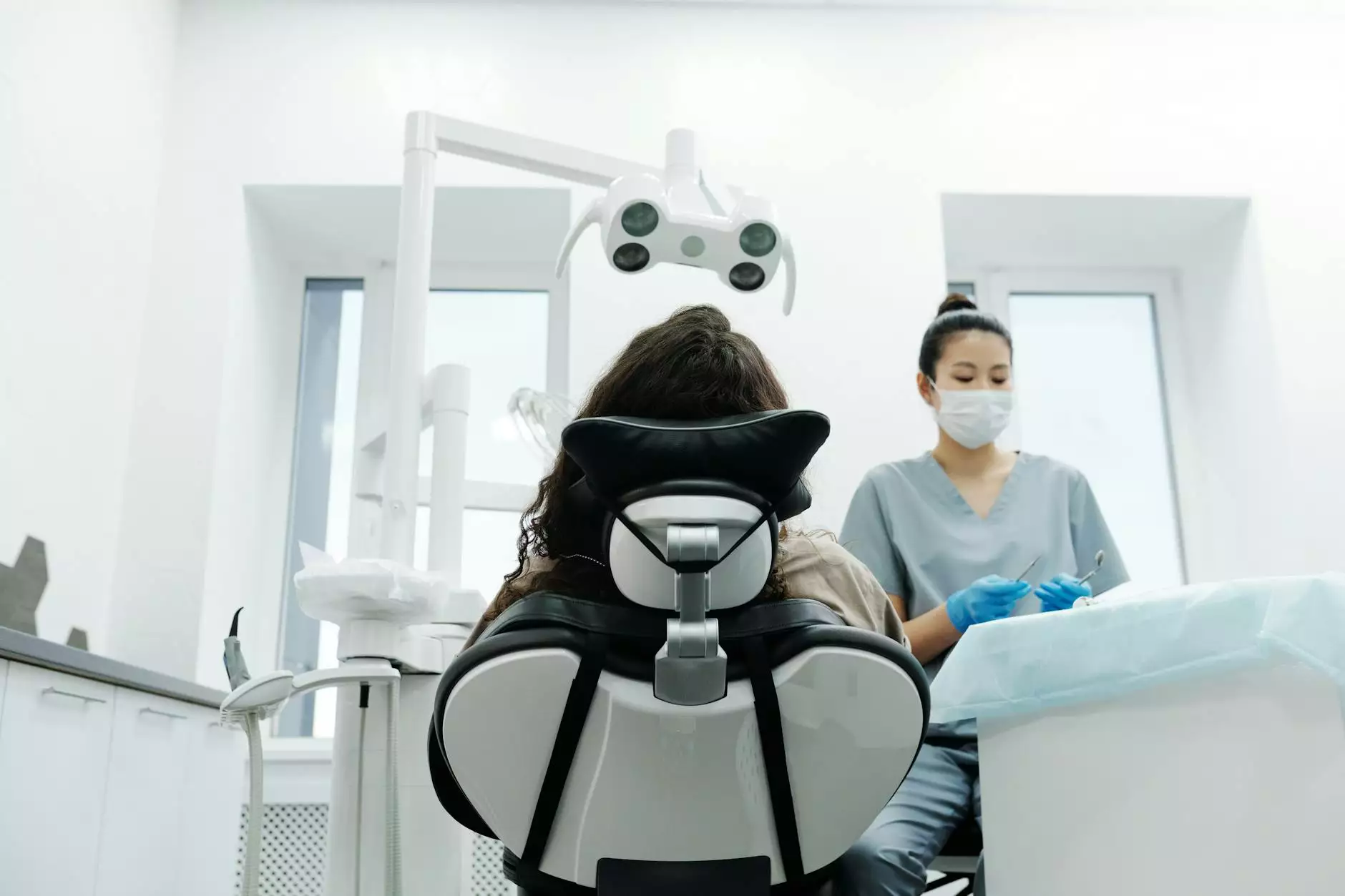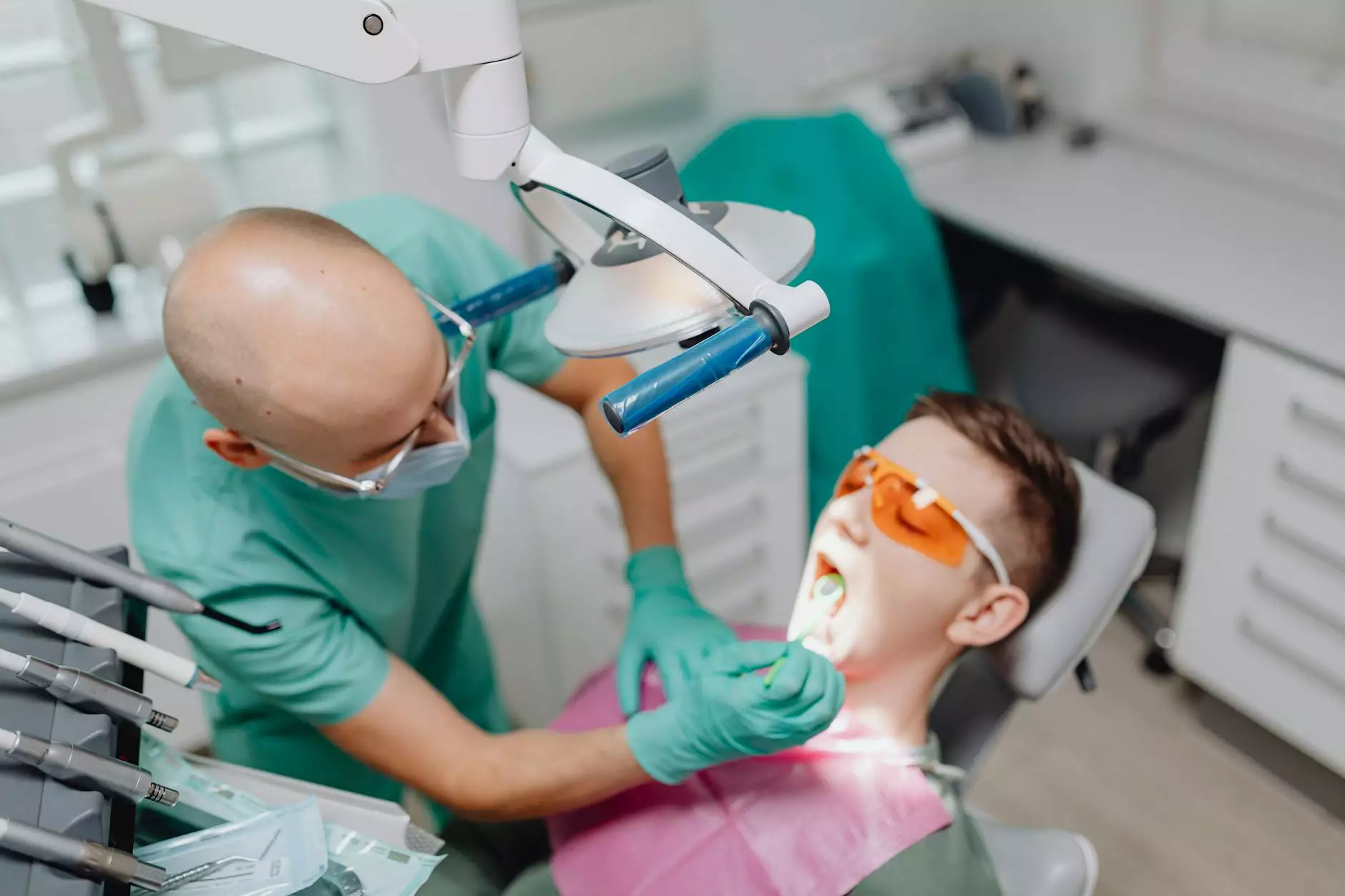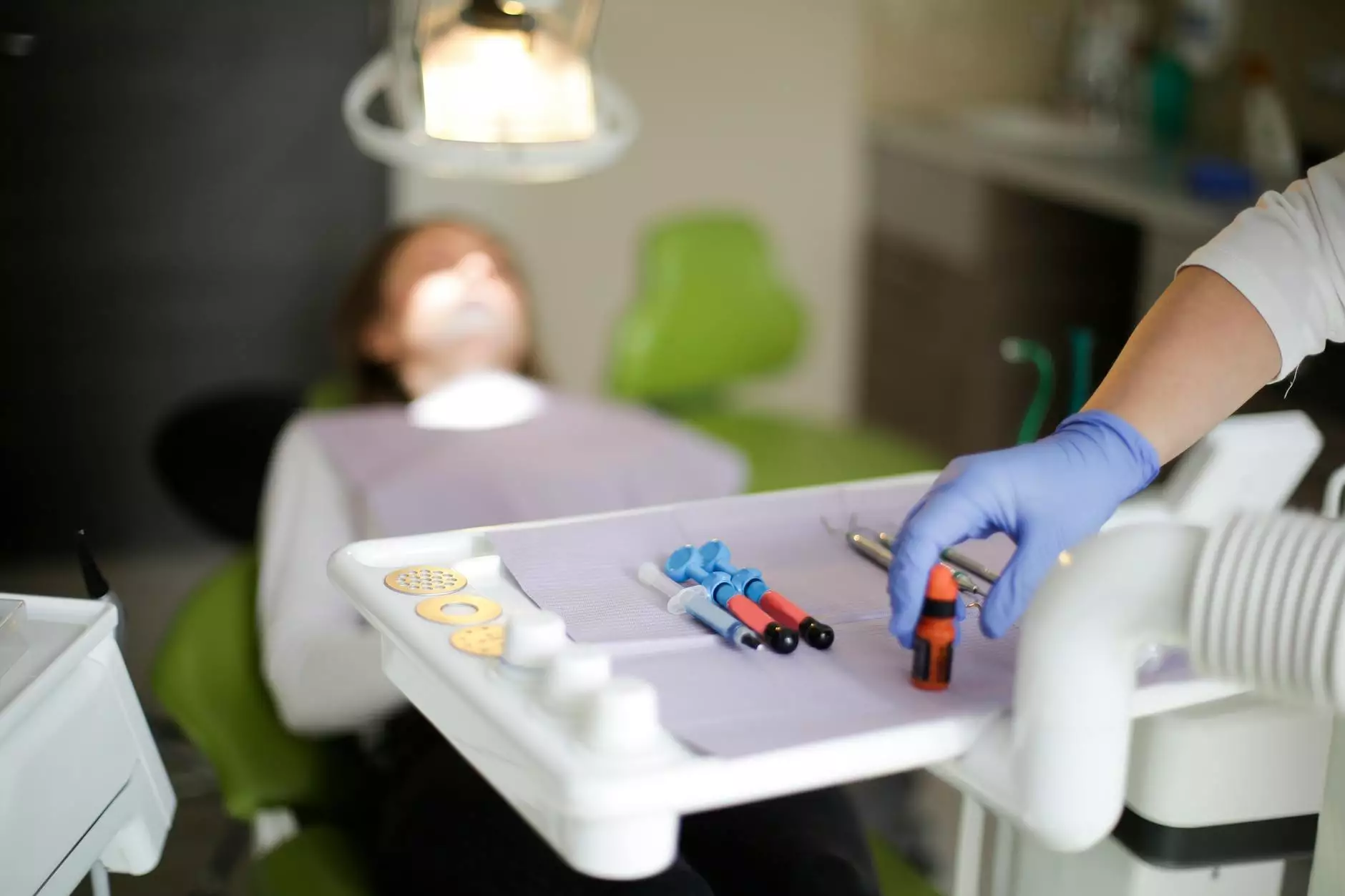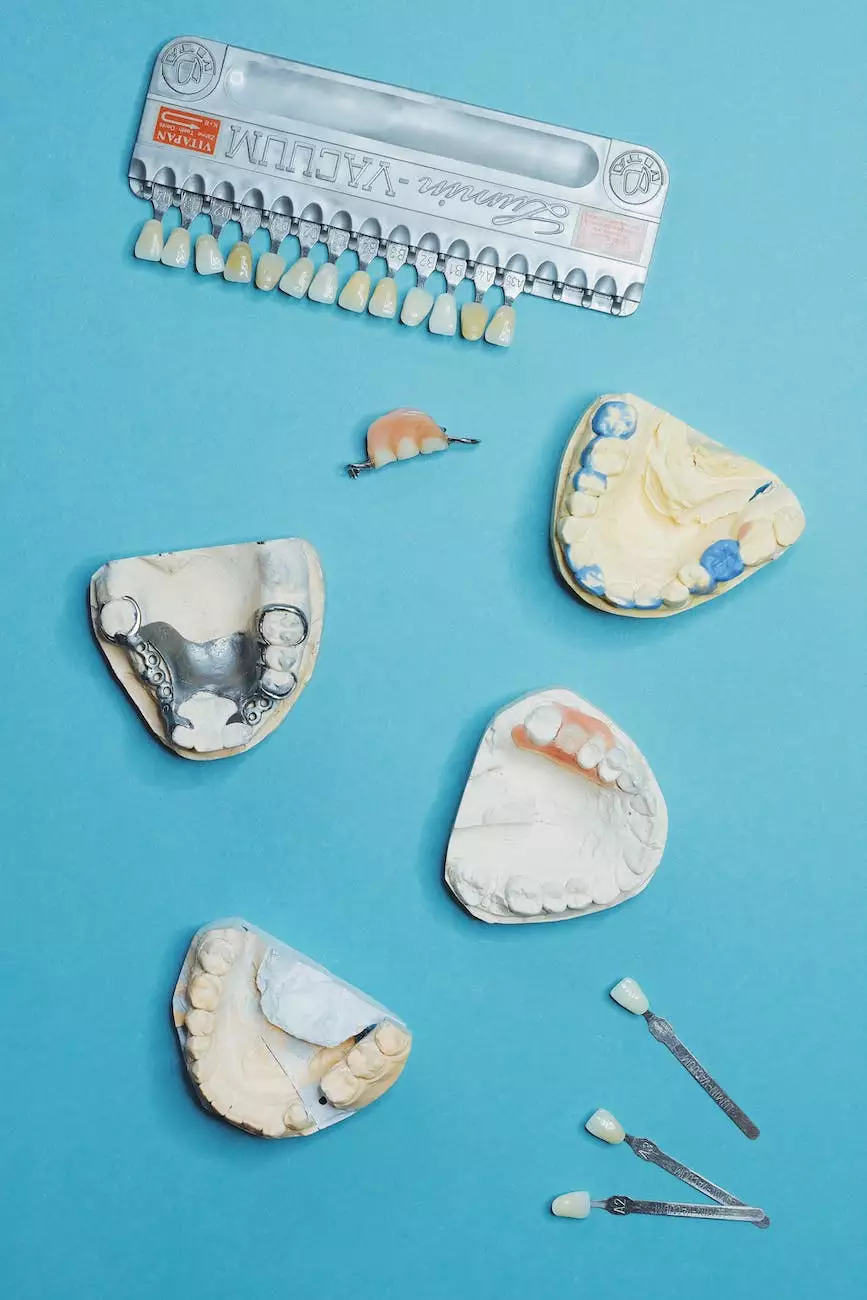What happens if I don't replace a missing tooth?
Tooth Infection
Introduction
Welcome to Lawrence Dentistry, your trusted provider of top-quality dental services. In this article, we will discuss the potential consequences of not replacing a missing tooth and the impact it can have on your oral health and overall well-being.
The importance of replacing missing teeth
When a tooth is lost, whether due to decay, injury, or extraction, it may be tempting to ignore the gap and carry on with daily life. However, leaving a missing tooth unattended can lead to a variety of dental and general health problems in the long run.
Oral health implications
One of the primary reasons for replacing a missing tooth is to maintain your oral health. When a tooth is missing, adjacent teeth may shift or tilt toward the gap, compromising the alignment of your bite. This can result in bite problems, difficulty chewing, and an increased risk of tooth decay and gum disease.
Effects on adjacent teeth
Adjacent teeth to the gap can lose support and stability over time. Without the neighboring tooth to provide proper stimulation, the underlying jawbone in the area may begin to deteriorate, leading to bone loss and potential changes to your facial structure. Additionally, the neighboring teeth may become more susceptible to fractures and wear due to the increased pressure placed on them during chewing.
Impact on speech and self-confidence
A missing tooth can also affect your speech and self-confidence. Gaps in your smile may alter your ability to pronounce certain sounds, resulting in speech difficulties. Moreover, the aesthetic impact of a missing tooth can lead to self-consciousness and a reluctance to smile, affecting your overall quality of life.
Overall health implications
While the consequences of not replacing a missing tooth may seem confined to oral health, they can extend beyond your mouth. Several studies have highlighted the connection between oral health and overall well-being, emphasizing the need to address missing teeth promptly.
Difficulty in maintaining proper nutrition
Chewing plays a crucial role in the digestion process. Without a complete set of teeth, your ability to effectively chew food may be compromised, leading to challenges in maintaining a balanced diet. This can impact your overall nutrition and contribute to various health issues.
Increased risk of systemic diseases
Poor oral health, including untreated gaps from missing teeth, has been linked to an increased risk of systemic diseases such as cardiovascular disease, diabetes, and respiratory infections. The presence of oral infections can serve as a source of inflammation and bacteria, potentially affecting other parts of the body.
Options for replacing missing teeth
Fortunately, modern dentistry offers various solutions to replace missing teeth and restore your oral function and aesthetics. Some common options include:
- Dental Implants: Titanium posts surgically inserted into the jawbone, providing a strong and permanent foundation for replacement teeth.
- Dental Bridges: Prosthetic teeth anchored by adjacent healthy teeth for a fixed and natural-looking solution.
- Dentures: Removable appliances that replace multiple missing teeth and can be customized to fit your mouth.
Discussing your specific needs and concerns with a qualified dentist will help determine the most suitable option for you.
Conclusion
As you can see, neglecting to replace a missing tooth can have far-reaching consequences for your oral health and overall well-being. By addressing the gap promptly with the help of Lawrence Dentistry's experienced dental professionals, you can prevent future complications and maintain a healthy smile for life.
Contact Lawrence Dentistry today to schedule a consultation and take the first step towards restoring your smile and optimizing your dental health.









